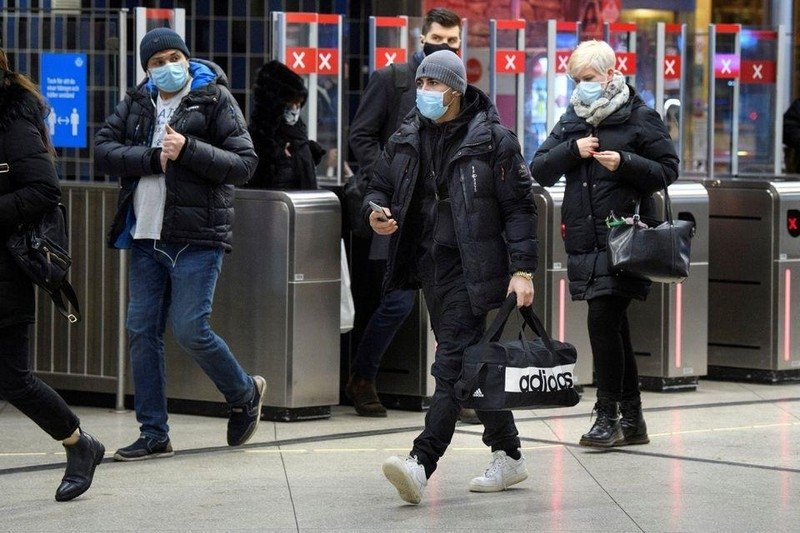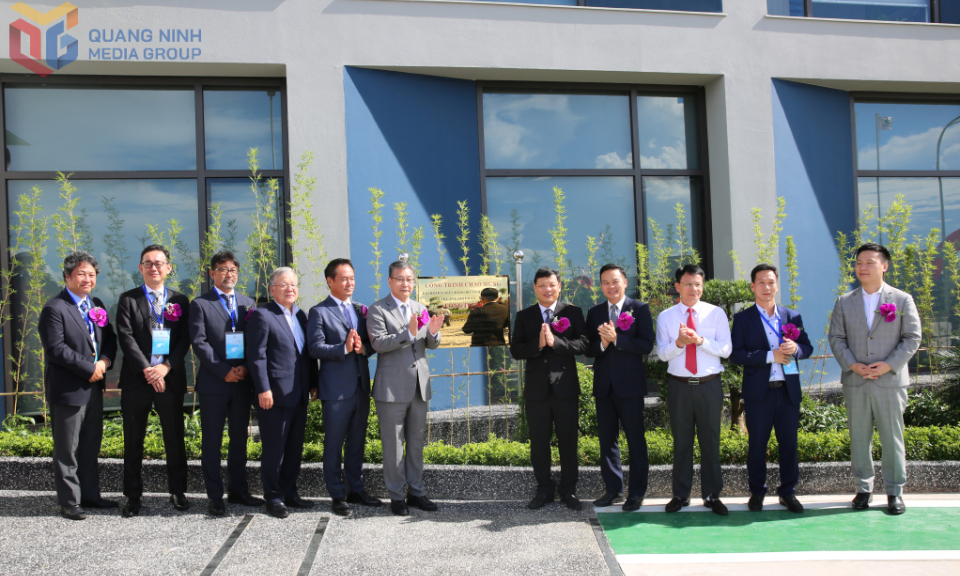Human resource loopholes caused by COVID-19
The German Ministry of Health recently warned about the serious consequences of prolonged COVID-19 on the labour market in particular and the development of society in general.
Research has shown that up to 30% of COVID-19 patients have at least one symptom of COVID-19 lasting within 90 days after recovery. Of which, shortness of breath, fatigue and chest pain are the most common.
Statistics of an insurance company in Germany also give noticeable results. It shows that among those who were positive for COVID-19 in 2020, nearly 1% were on sick leave in 2021 due to prolonged COVID-19 symptoms and the sick leave was relatively long with an average of 105 days. The symptoms include fatigue, heart palpitations, shortness of breath, chronic neuropathic pain, sensory abnormalities, and muscle weakness.
Scientists are seeking a solution to the post-COVID-19 syndrome with great effort. The prolonged COVID-19 syndrome is a “hidden corner” behind the pandemic that needs further research. However, it is undeniable that this syndrome has been a serious threat to the socio-economic recovery process. The UK Office for National Statistics (ONS) stated that about two million people in this country have struggled with the persistent post-Covid-19 syndrome.
For months, the shortage of labour has negatively affected the UK aviation industry. The scene of long lines of passengers waiting for hours is common at British airports. One of the reasons for this manpower gap is a large number of employees taking long-term sick leave or quitting due to COVID-19.
In Germany, the healthcare system has been under great pressure when large numbers of healthcare workers quit their jobs for health reasons. President of the German Intensive Care Association (DIVI) Gernot Marx said, up to 55% of intensive care units are operating in a limited way due to a lack of staff. In addition, many surgeries are postponed and lots of medical facilities are having to rearrange their staff.
Significantly, a new surge of COVID-19 is breaking out in many places around the globe, making the problem of human resources shortage even worse. In Asia, national officials have warned people to be cautious in preventing the disease from spreading and to avoid overloading the healthcare system.
Recently, Japan recorded nearly 95,000 new COVID-19 cases in one day while in South Korea, the number of new infections has tripled in just one week to about 40,000. The pandemic also shows signs of increasing again in Europe with the number of new cases in France, Italy, etc., increasing continuously since the end of May. With this new surge of the pandemic, the world faces a series of great challenges.
The rate of COVID-19 testing is declining in many countries, making it difficult to get a complete view of the reality of the global pandemic, thereby it’s not easy to come up with early treatment measures to prevent serious cases and death. Another challenge is the new outbreaks that increase the number of people with persistent COVID-19 syndrome, placing additional burdens on the health system and affecting socio-economic recovery.
The WHO Director-General said that the impact of the COVID-19 pandemic would last for decades. Despite progress in vaccine development efforts, the entire world remains vulnerable to this disease. The fact that people are always vigilant and have the right perception about the COVID-19 pandemic, not only helps protect the community's health during the pandemic but also ensures human resources for economic recovery and development.






